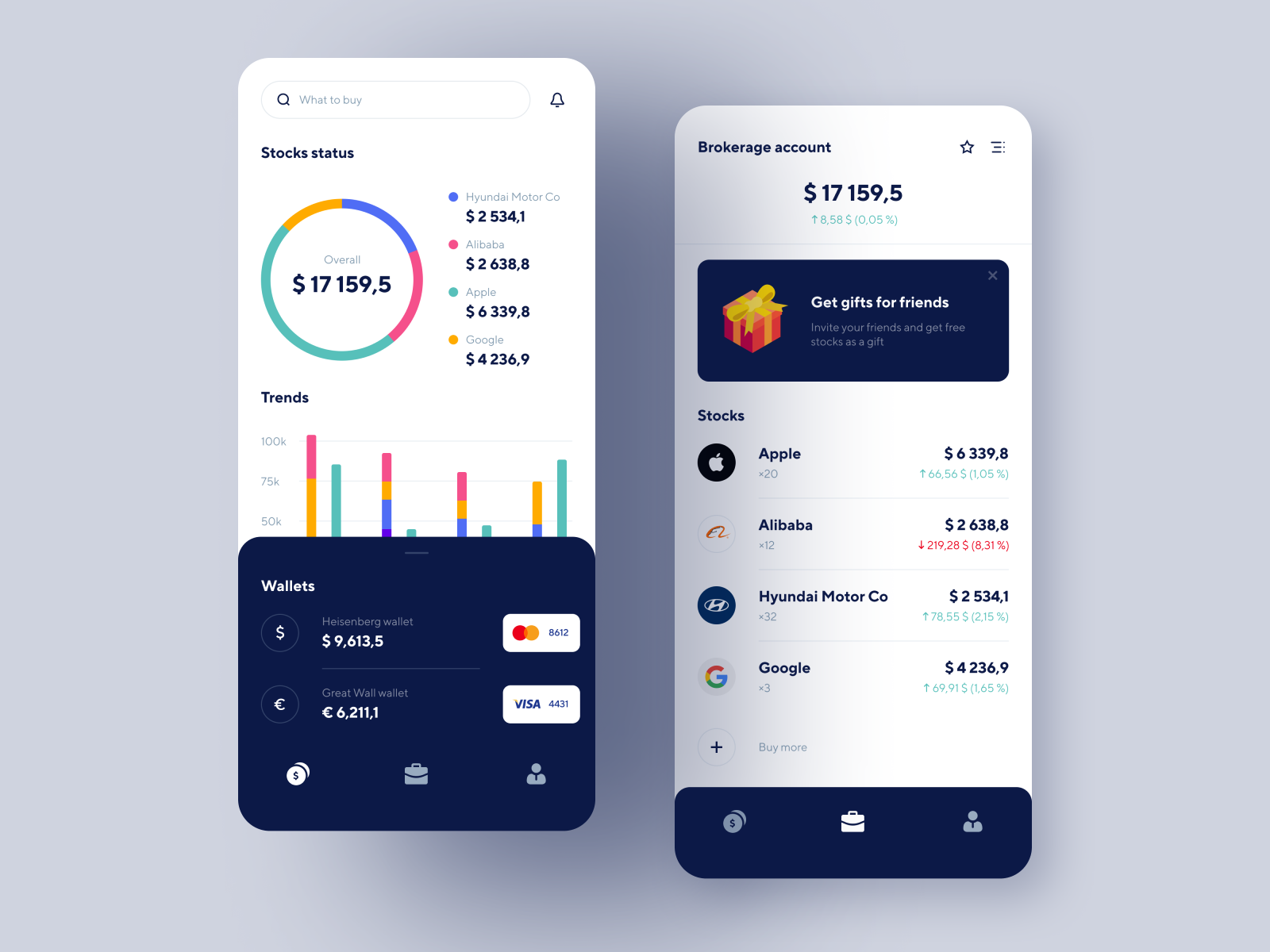Stocks are an investment in which you own a part of the company that released the stock. Simply put, stocks are a tool for earning wealth. It is how ordinary individuals invest in some of the world’s most successful firms. In addition, stocks are a tool for businesses to raise capital to support expansion, new goods, and other projects. When you purchase a company’s stock, you purchase a piece of that company’s ownership.
To raise funds, businesses sell shares of their stock. They then utilize the proceeds from the stock sale for various purposes, including funding new items or product lines, investing in growth, expanding operations, or paying off debt.
Companies often begin issuing stock shares through a procedure known as an initial public offering or IPO. Let’s say, a private firm intends to raise funds through an initial public offering (IPO). First, the firm will hire an underwriter, often a group of investment banks, to examine the corporation’s economic requirements and find the share price/price band, the number of shares sold, etc. The underwriter will next prepare the application (to SEBI) for approval, including information on the company’s previous financial records, such as earnings, debts/liabilities, assets, and net worth. The document also specifies how the money generated would be used.
SEBI will carefully examine the application and, after ensuring that all eligibility requirements are met, will grant the business the green light to release the ‘red herring prospectus.’ The ‘red herring’ brochure is a document issued by the firm that specifies the number of shares and the price of one share, no. of shares to be sold in the IPO. It also contains information about the company’s prior performance.
An IPO begins and can run anywhere from 3 to 21 days, though it is typically open for five days. During this period, ordinary investors can bid on equities through their banks/brokers on the Internet. Investors must have a Demat account and a PAN card to invest in an IPO. If you want to know how to open a Demat account, you can visit Kotak Securities’ official website.
With Kotak’s stock market app, Kotak Stock Trading App, you can create a Demat account for zero brokerage charges. The stocks will be transferred to your Demat account if your bids are accepted. If not, your money will be refunded.
Finally, following the closure of the IPO, the newly public stock is posted on the stock market. Trading in publicly traded shares on the stock market can then begin. If you choose the appropriate IPOs, you may expect to generate extraordinarily significant returns on your investment.
Once a company’s stock is listed on the stock exchange, it may be purchased and sold by investors. If you decide to acquire a stock, you will most likely do it from another investor willing to sell the shares rather than from the firm itself. Similarly, if you wish to sell a stock, you will sell it to the other investor who wants to buy it.
These transactions take place on a stock market, with a broker representing each investment. Many investors utilize online stockbrokers to purchase and sell stocks using the broker’s trading platform, which links them with exchanges. You’ll need a brokerage account to buy stocks if you don’t already have one.
The majority of investors hold common stock, which is explained above. The common stock carries voting rights and can pay dividends to shareholders. Other types of equities, such as preferred stocks, operate differently. But, again, holding a stock does not imply that you have a big presence within the firm. It also doesn’t imply that you own a share of the firm’s assets.
What you own is effectively a piece of the company’s earnings — and losses should be noted. The aim, of course, is to increase the company’s worth. As a result, the value of the company’s stock will go up while you are a shareholder.
However, while stocks generally have a reputation for good returns, they also carry risk: a stock in your portfolio would probably lose value instead. Stock prices vary for various causes, including general market volatility and company-specific events such as communications problems or product returns.
Many long-term investors hang on to equities for years without purchasing or selling frequently, and while specific stocks vary over time, their entire portfolio increases in value over time. In addition, these investors frequently purchase equities through mutual funds or index funds, which aggregate a variety of investments. As a result, a considerable portion of the stock market is available.






